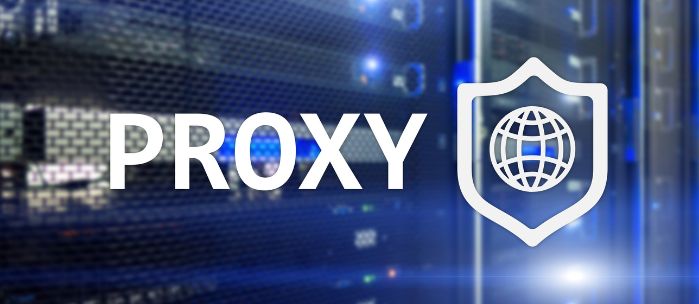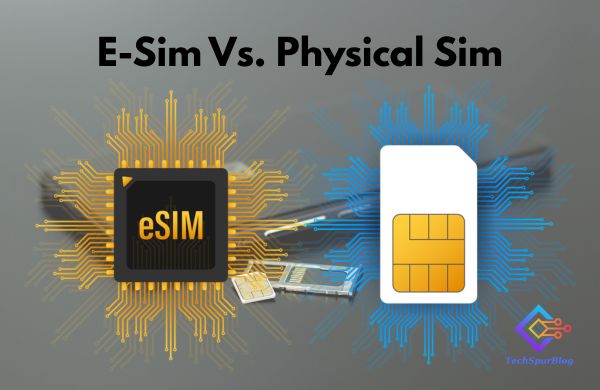A proxy server is a gateway between your computer and the internet. It sends requests to websites on your behalf and collects available data. By doing this, your information is protected from hackers. Some proxy servers block access to specific web pages based on your IP address. You can learn more about IP Addresses from 192.168.86.1. Before installing a proxy server on your computer, here are some things to know. Keep reading to find out more!

Content-filtering
Many businesses rely on email as a primary mode of communication. Unfortunately, spammers and hackers target email as a potential vector for malware. Content filters can increase email safety by scanning the contents and marking spam as undeliverable or junk.
Likewise, content-filtering solutions can block websites that contain illegal content. The process is similar to web traffic. However, in this case, you should check your proxy server’s settings and make sure you’re not filtering malicious content.
The main contrast between these two approaches is that URL filtering allows you to modify HTML and JavaScript content. It can also restrict access to a website based on the user agent. You can specify which URLs should be blocked or allowed using a proxy based on their MIME type.
To do this, you can purchase a file and upload it to your proxy server. Once uploaded, you can use this file to filter out all but the websites you wish to block.
Blog Suggestion :The Complete Guide to Artificial Intelligence
Distorting Proxy Server
A distorting proxy can protect your identity and prevent malicious hackers from tracking your web traffic. This type of proxy service alters HTTP headers to hide your real IP address. The distorting proxy server also hides sensitive user information like geographical location, browser details, and operating system from the websites you visit. However, this method does not offer 100% security. Some people have experienced issues when using this type of proxy service.
The main difference between distorted and anonymous proxies is the IP address. A revealing proxy will reveal you’re correct IP address to websites. These servers are easy to install and use.
The server administrator can provide you with its IP address and port. You can then use this information to access the website. It would be best if you used a reputable proxy server without giving out your IP address. Otherwise, you may end up getting caught.
Also Read : Revolution of 5G Technology in Future
Content-blocking
There are several reasons to implement content-blocking with a proxy server. For example, you can prevent employees from visiting non-work websites. Or, you can use a proxy to block sites that contain pornographic content deemed offensive.
This technique can be used at both home and work. If you’re searching for a proxy server that can do all these things, read on to learn more about your options.
Although URL-based blocking is the most popular method of content-blocking, it does not always work well. Unlike the URL-based process, URL-based blocking is not specific to one website but to a range of websites. If your proxy server is configured to block websites, it will block all traffic from those websites. However, this method is difficult to implement and maintain.
In addition, the URLs used to identify the websites can change over time. Thus, if your proxy server does not block websites that change frequently, you’re unlikely to get the same amount/level of protection as you would with URL-based blocking.
Anonymous Proxy Server
An anonymous proxy server, also known as an anonymizer, is a computer program that tries to hide your identity and ensures your online activity is untraceable. In effect, it acts as a privacy shield and intermediary. You do not have to be concerned about your identity or the identity of anyone who uses your internet connection. There are several advantages to using an anonymous proxy server. Here’s how it works:
Blog Suggestion: How to Safeguard Your Data Using Cloud Storage
First, you must know how to set up an anonymous proxy server. Many universities use public Wi-Fi, which may restrict the browsing of some sites. Using a proxy helps you circumvent restrictions, and you can browse certain areas with complete anonymity.
However, using a proxy can be risky, as there is no encryption on the data sent or received. If you’re confused about whether you should use an anonymous proxy server, here are some tips to help you find one:

















